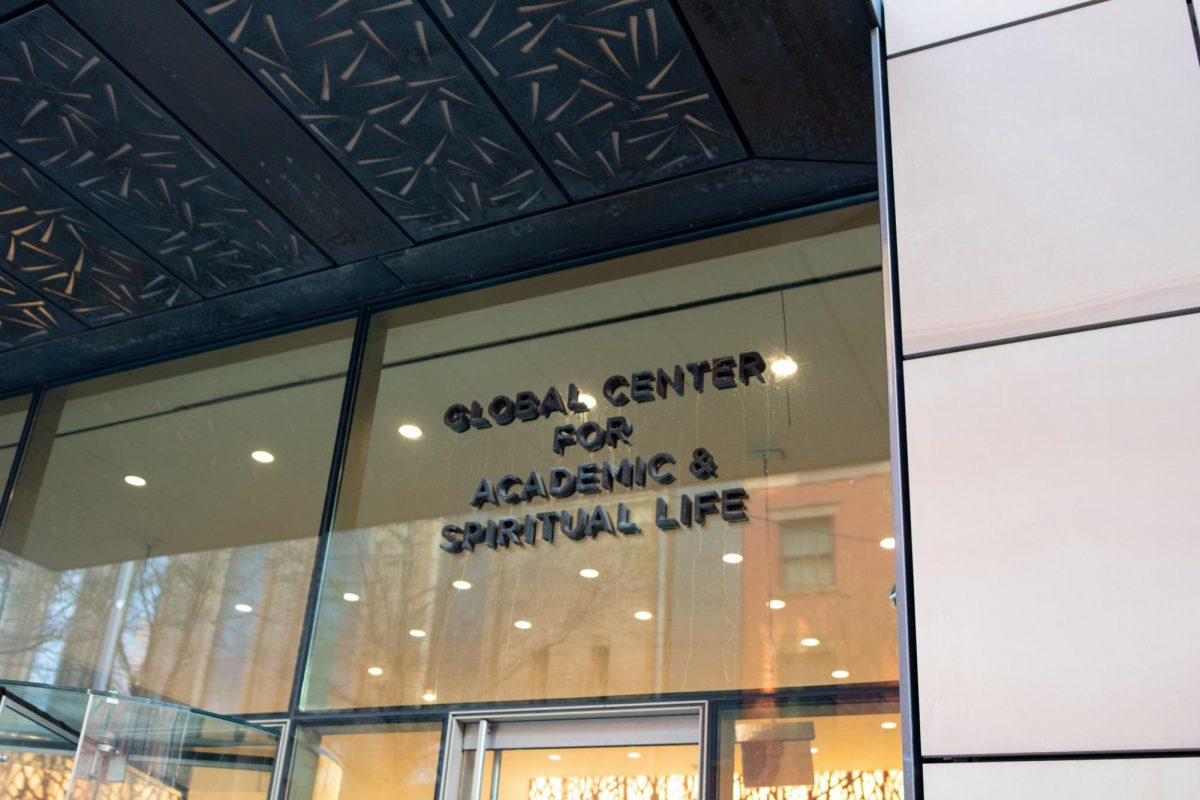From academic stressors to familial and financial obligations, mental health plays a large role in daily conversations, particularly for college students. But amid finals season, funding freezes, attacks on marginalized communities and, for soon-to-be graduates, the potential pressures of life postgrad, mental health stressors permeate nearly all aspects of young adult life.
NYU’s Counseling and Wellness Services include counseling programs such as one-on-one therapy sessions, psychiatric services offered in collaboration with the Student Health Center and virtual wellness workshops on topics ranging from procrastination to financial stress.
The American College Health Association’s national survey of over 100,000 students highlights a high level of distress, indicative of serious psychological issues and loneliness. About 10% of surveyed students reported having intentionally injured themselves in the past year, with rates notably higher among transgender and gender non-conforming individuals, of whom 28.8% reported such behaviors. Still, only about 40% seek psychological support or mental health services.
A large portion of NYU’s wellness service offerings are counseling sessions with university therapists, offered both one-on-one and in groups. The university also has a 24/7 mental health hotline for students — the phone number is located on the back of all NYU IDs, allowing easy access for those seeking immediate help.
Zoe Ragouzeos, the vice president of Student Mental Health and Wellbeing, works to develop NYU’s plethora of mental health resources and ensure quality care and patient satisfaction.
“In our spring 2025 patient satisfaction surveys, 95% of students responded that they would recommend the Counseling and Wellness Services to a peer,” Ragouzeos told WSN.
The survey is distributed to students who have been seen by Counseling and Wellness clinicians and aims to serve as a “representative snapshot” of how students perceive campus services.
LS sophomore Yetta Krummel-Adkins has been a regular user of NYU’s counseling services since last school year. While she appreciates having access to counseling on campus, she said that the service hasn’t always been reliable.
“There’s been a couple times where I had a last-minute cancellation or it’s been hard to get an appointment,” Krummel-Adkins said. “I had a temporary therapist who I didn’t really bond with, and then had to redo the process at the end of last year. Then it was more successful, and I’m still with that same therapist, who I feel comfortable sharing with and bonding with.”
All services held by NYU’s Counseling and Wellness Services are free, except for its psychiatric medical services. Students with NYU-sponsored Student Health Insurance plans are required to pay, at most, $20 out of pocket per visit. Still, the university’s Counseling FAQ states that the true cost depends on students’ “specific insurance policy.”
Other free services include those offered by MindfulNYU, an organization with a dozen faculty members that offers daily activities, such as yoga classes. Nick Potenzieri, an NYU yoga instructor who teaches Dynamic Alignment on Monday evenings at the Global Center for Academic and Spiritual Life, said that his class focuses not only on exercise, but the process of connecting the body and mind.
“When the body is freer, the mind is definitely much freer,” Potenzieri said. “[The] mark of every class is that you’ll leave knowing something, learning something, either about yourself, about the practice and some way in which it can enrich your life.”
MindfulNYU also partners with mental health clubs around campus to hold student-run meditation sessions. The university has a number of peer-led initiatives and mental health support networks including Listening Labs, which offers spaces of connection for students to engage in facilitated, advice-free conversations, the Collegiate Recovery Program, a new peer-led group of students reassessing addiction and battling personal challenges with substance abuse and RADical Health, an interactive, community-based program that equips students with important tools and strategies for them to prioritize their wellbeing and build resilience.
Krummel-Adkins is also on the board of NYU’s chapter of Active Minds, a national mental health advocacy organization. The club, one of few groups on campus solely focused on mental health, aims to help students be more proactive in taking care of their wellbeing and hosts destressing and advocacy-related events. Other clubs, like the Pow(h)er Collective, promote the well-being of specific groups, particularly marginalized communities on campus.
While groups like Active Minds work to decrease stigma surrounding mental health and promote a culture of open discourse, Krummel-Adkins finds that some students still have reservations about wellness services, only seeking them out when the situations become more urgent rather than taking proactive destressing actions.
“I’m hoping that we can work on increasing our efforts to reach out to students with events that deal with both destress and self care, as well as learning about mental health and advocacy at the city and university,” Krummel-Adkins said.
NYU still aims to maintain its extensive Counseling and Wellness programming, while providing support to a wide range of students.
“One of our central goals is to expand our work through a public health lens, ensuring that all NYU students — not just those who seek clinical care — can benefit from our programs and services,” Ragouzeos said.
Contact Alessa Alluin at [email protected].























































































































































